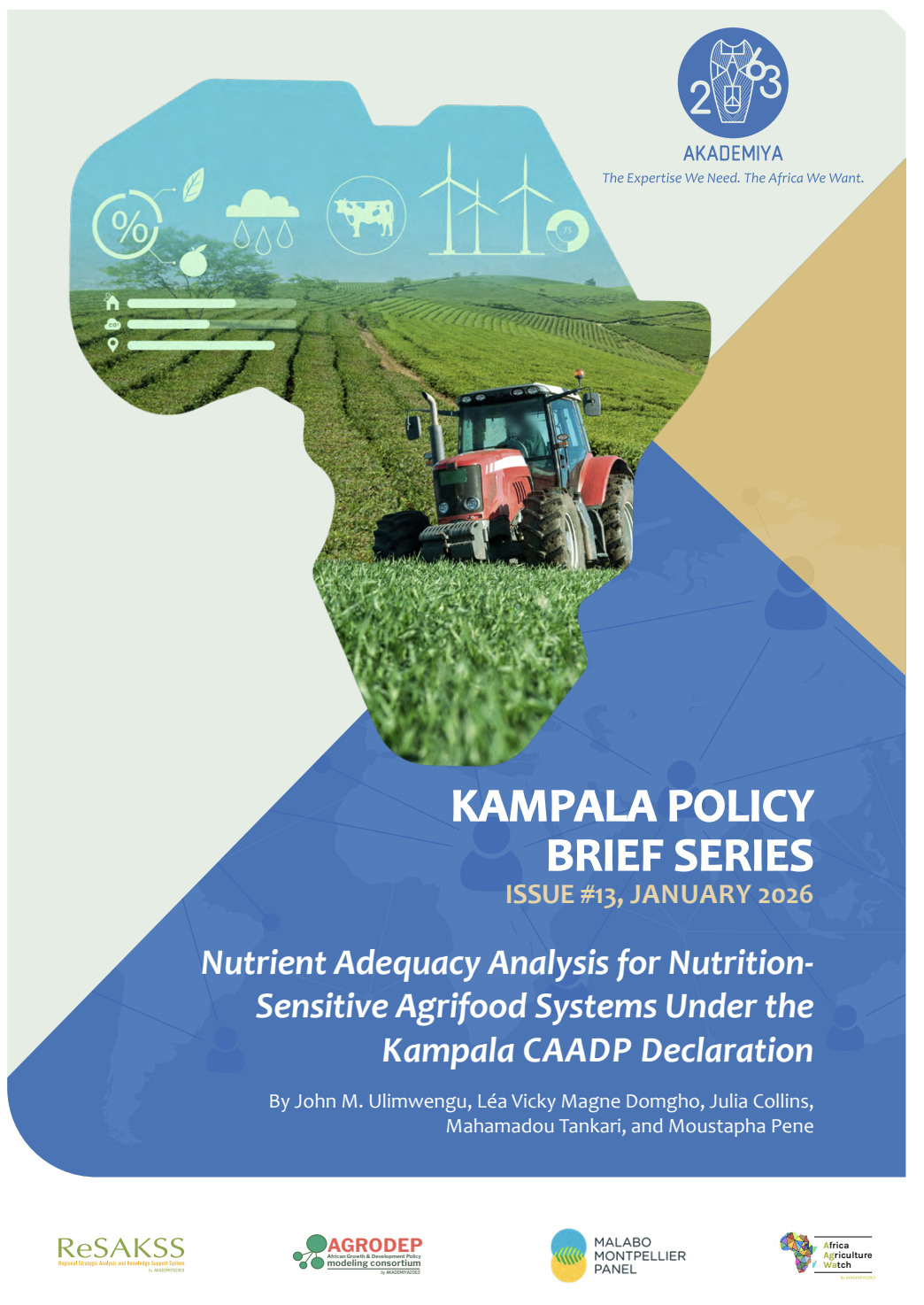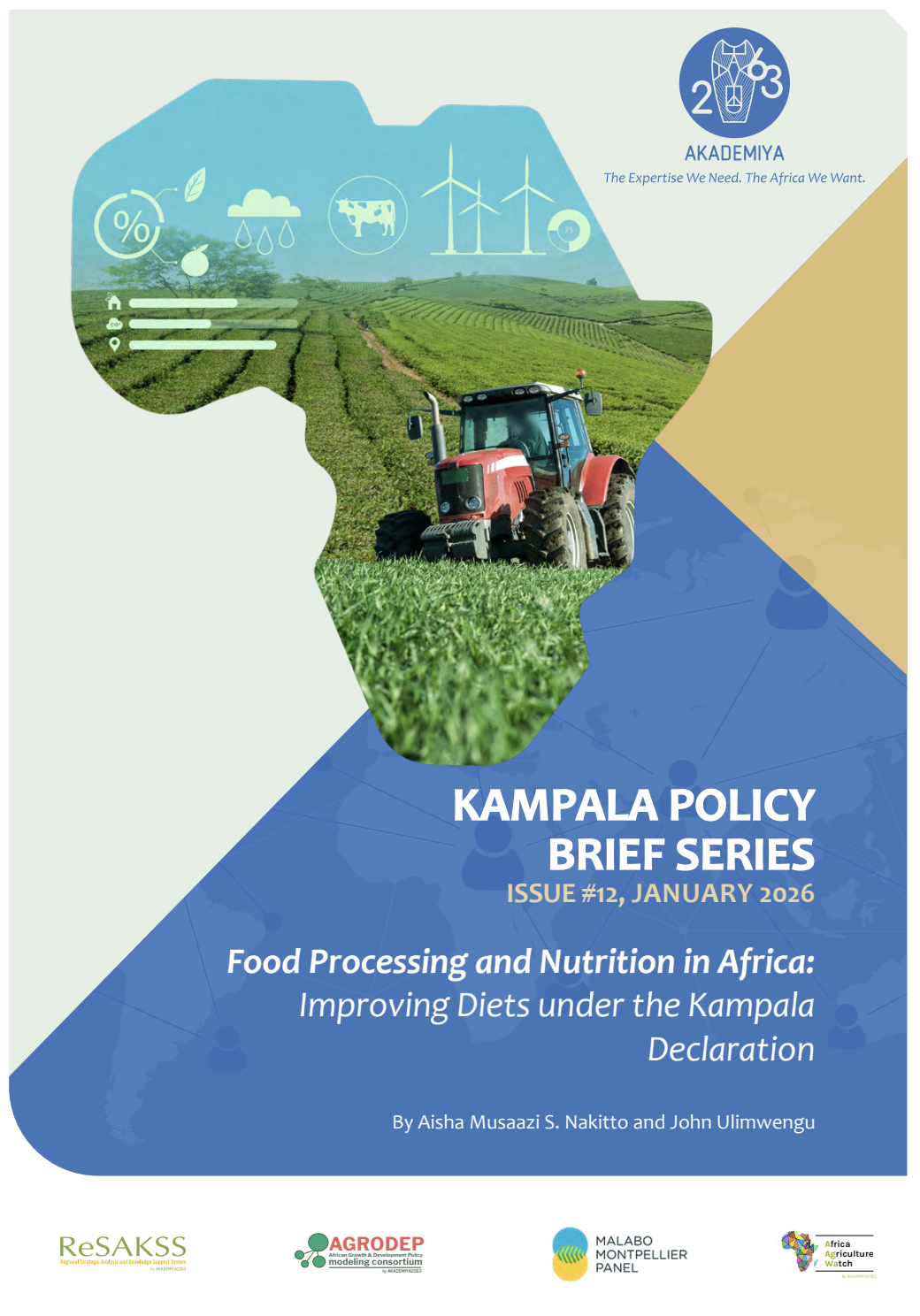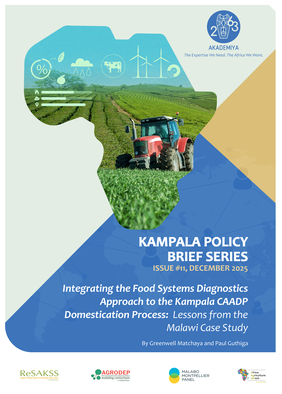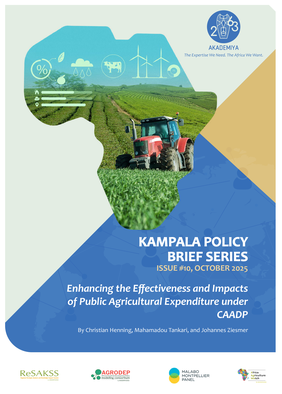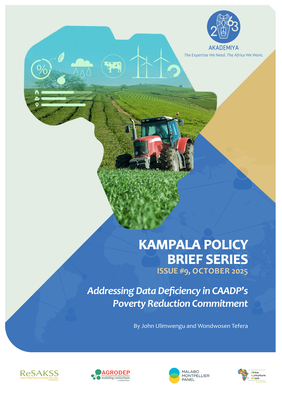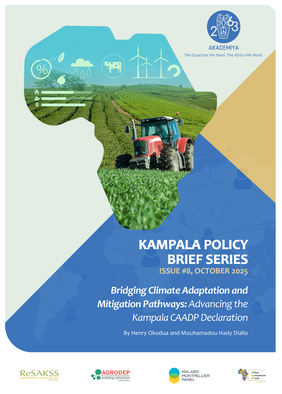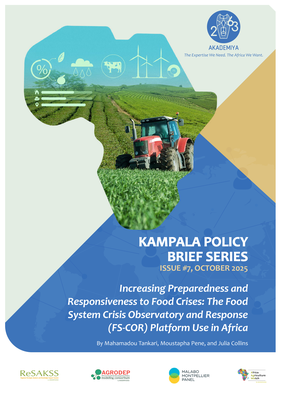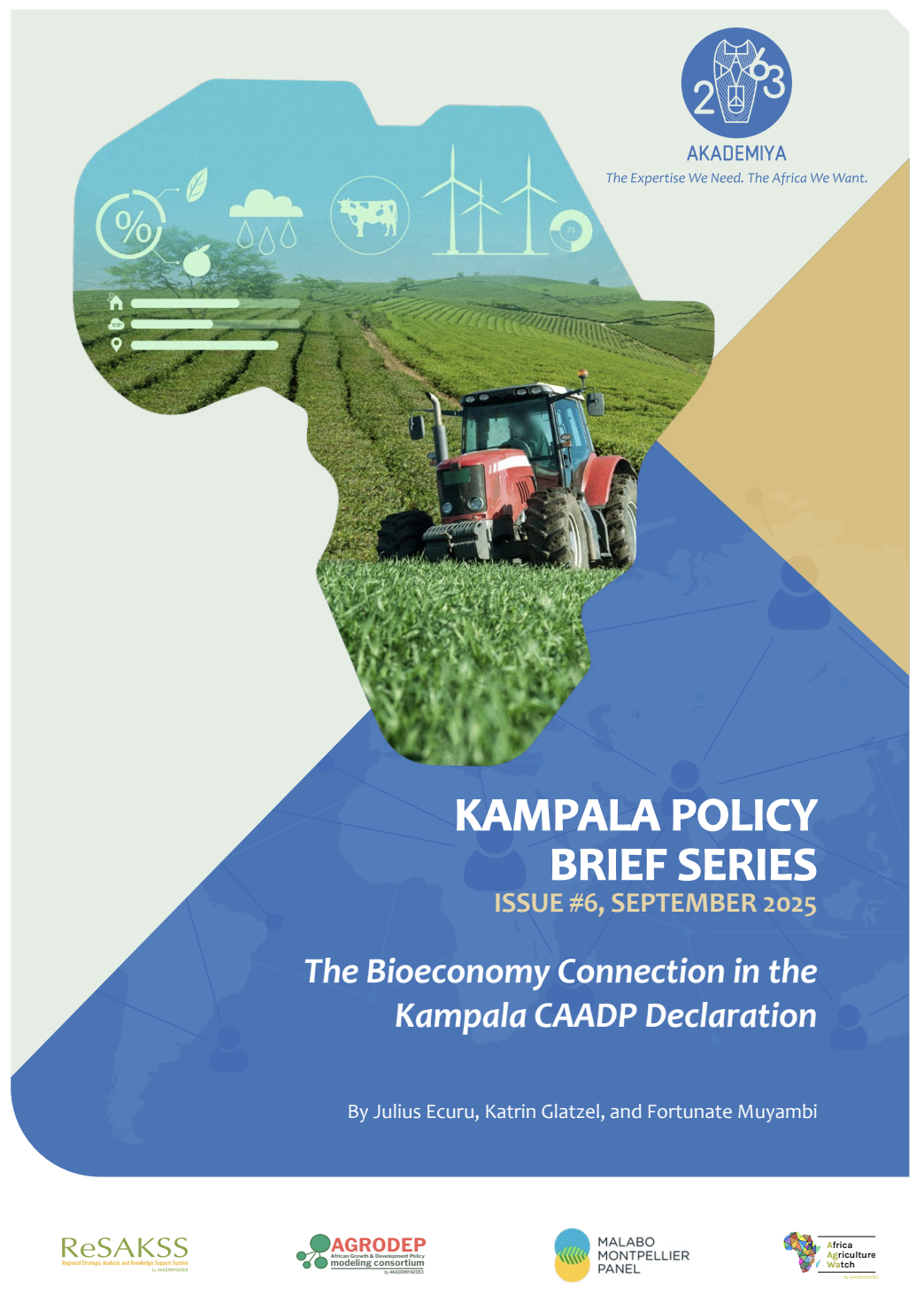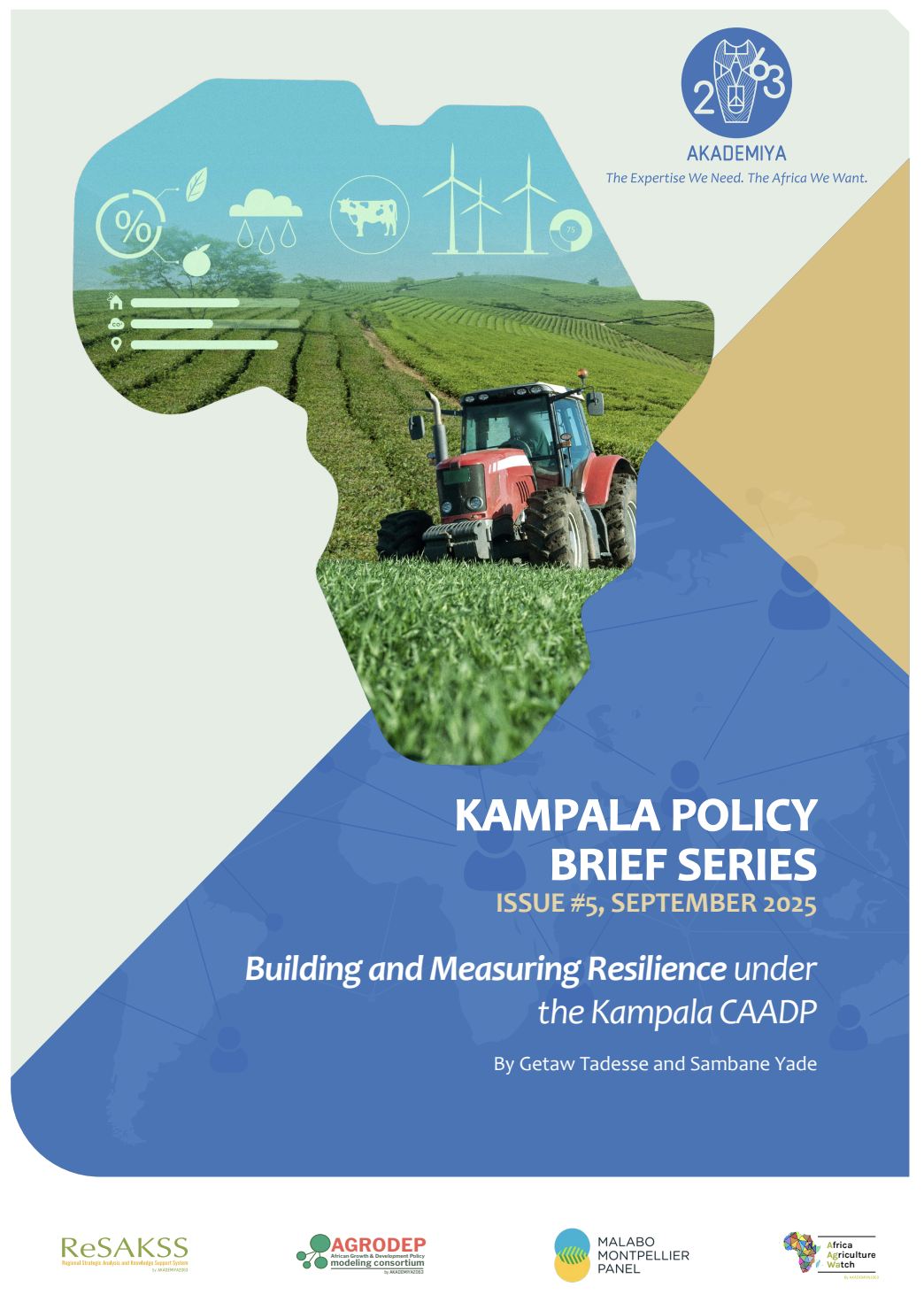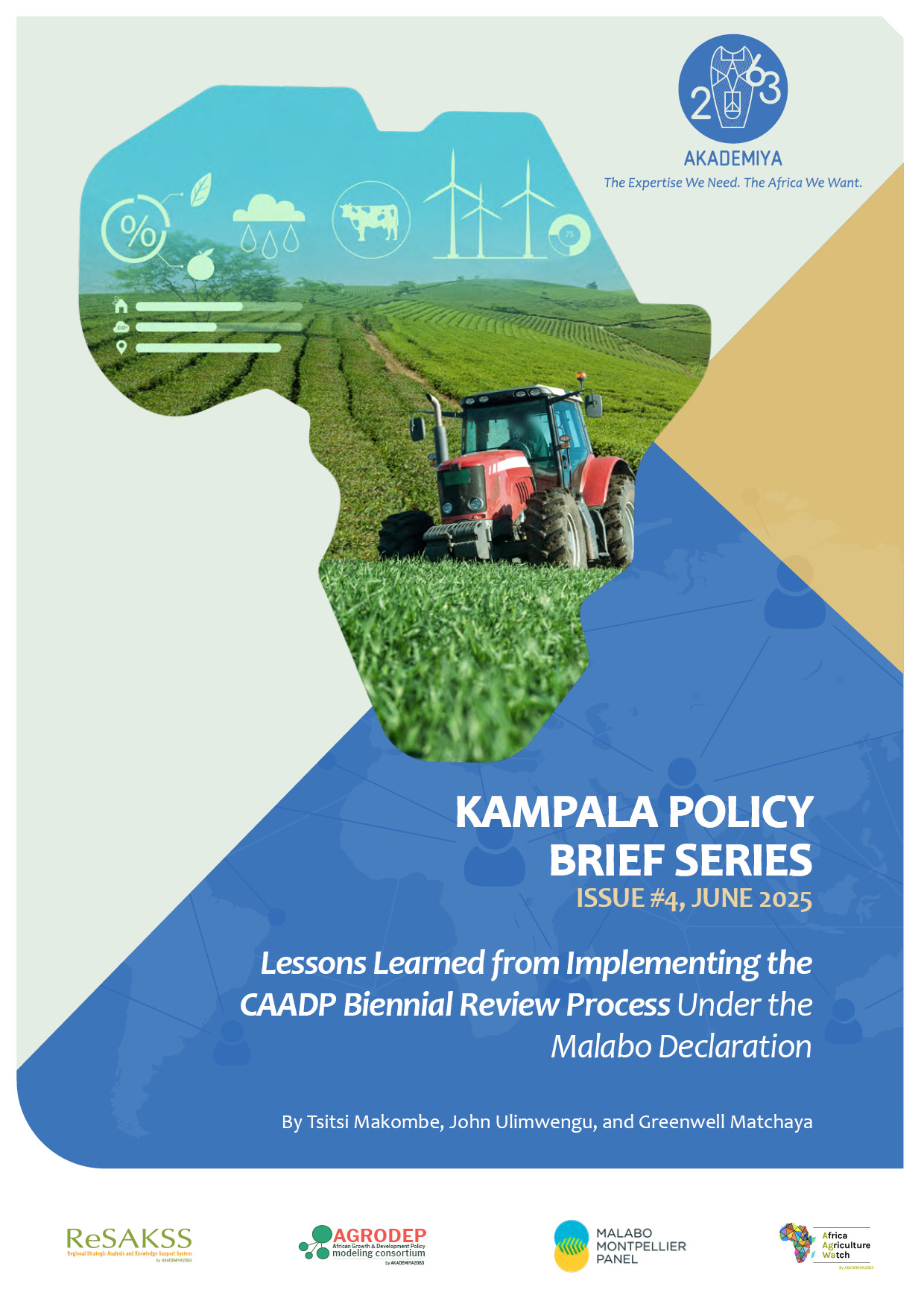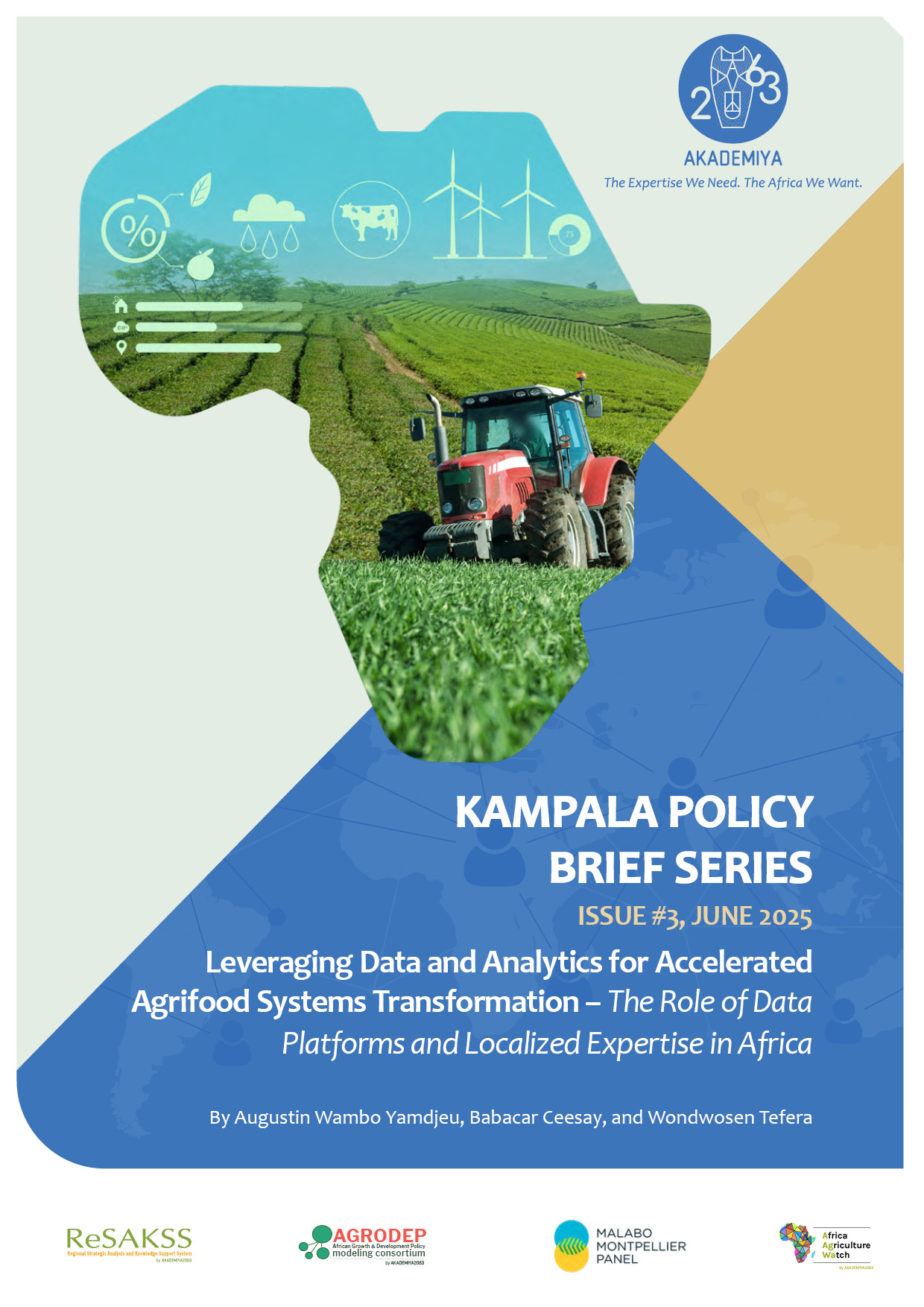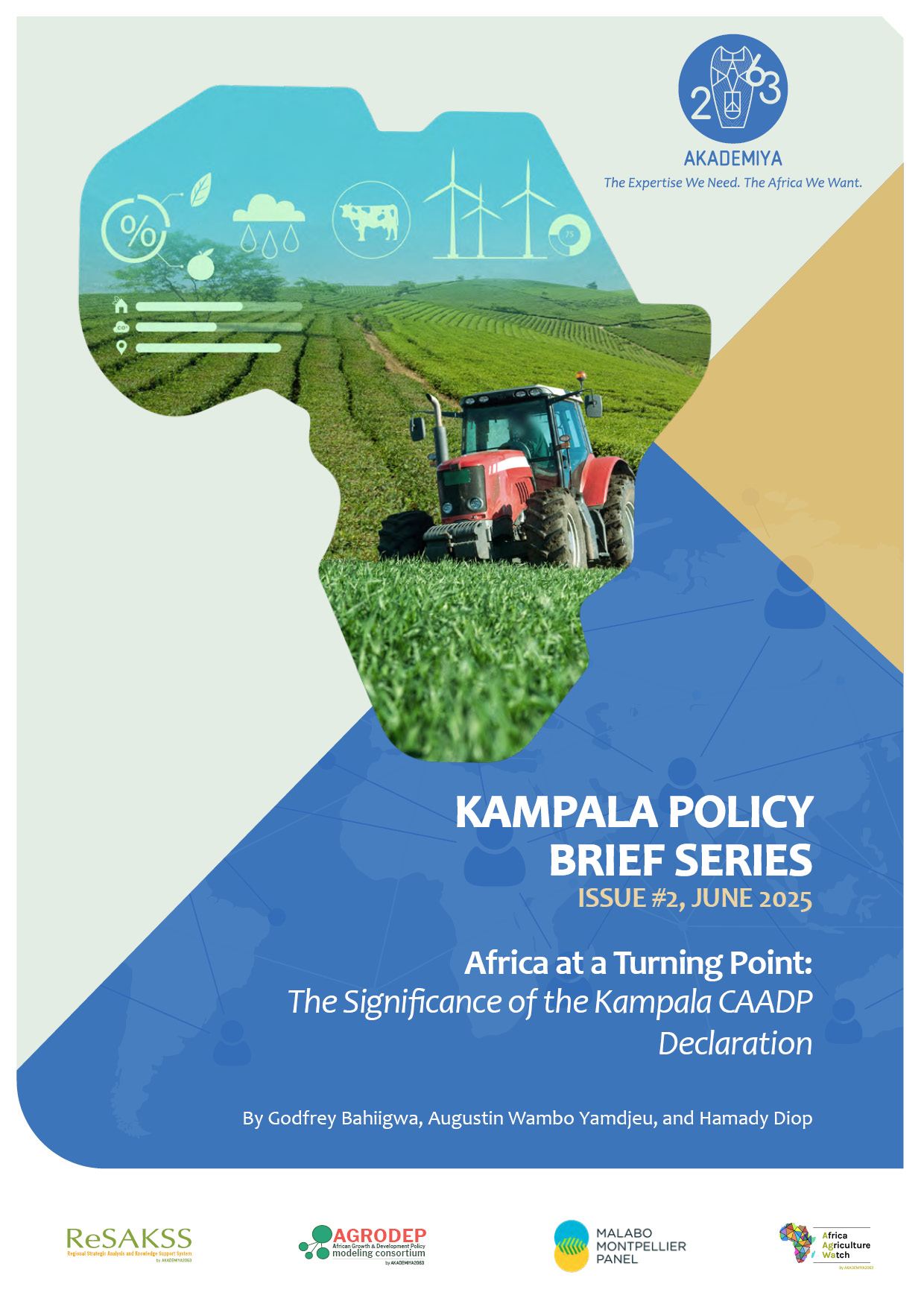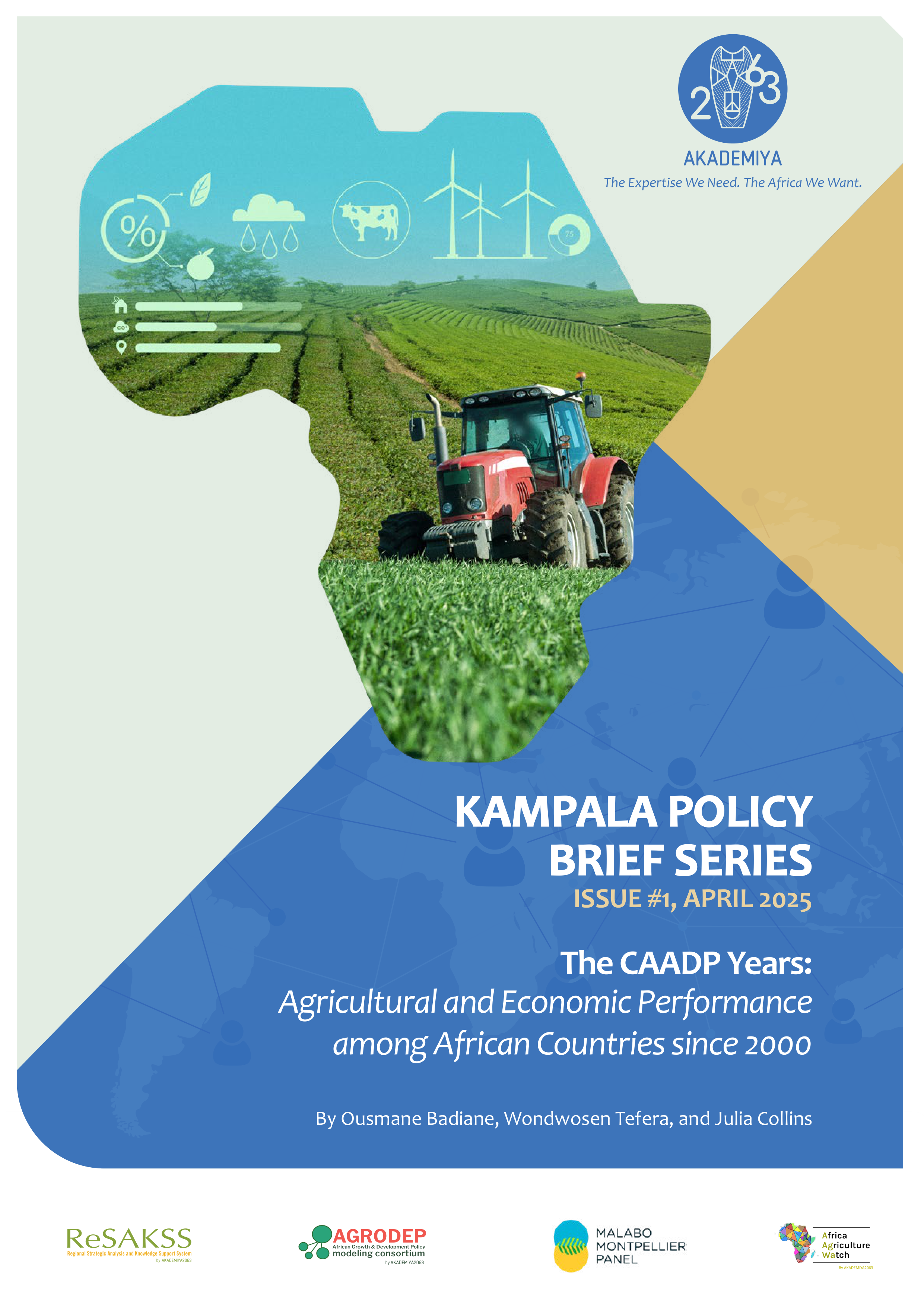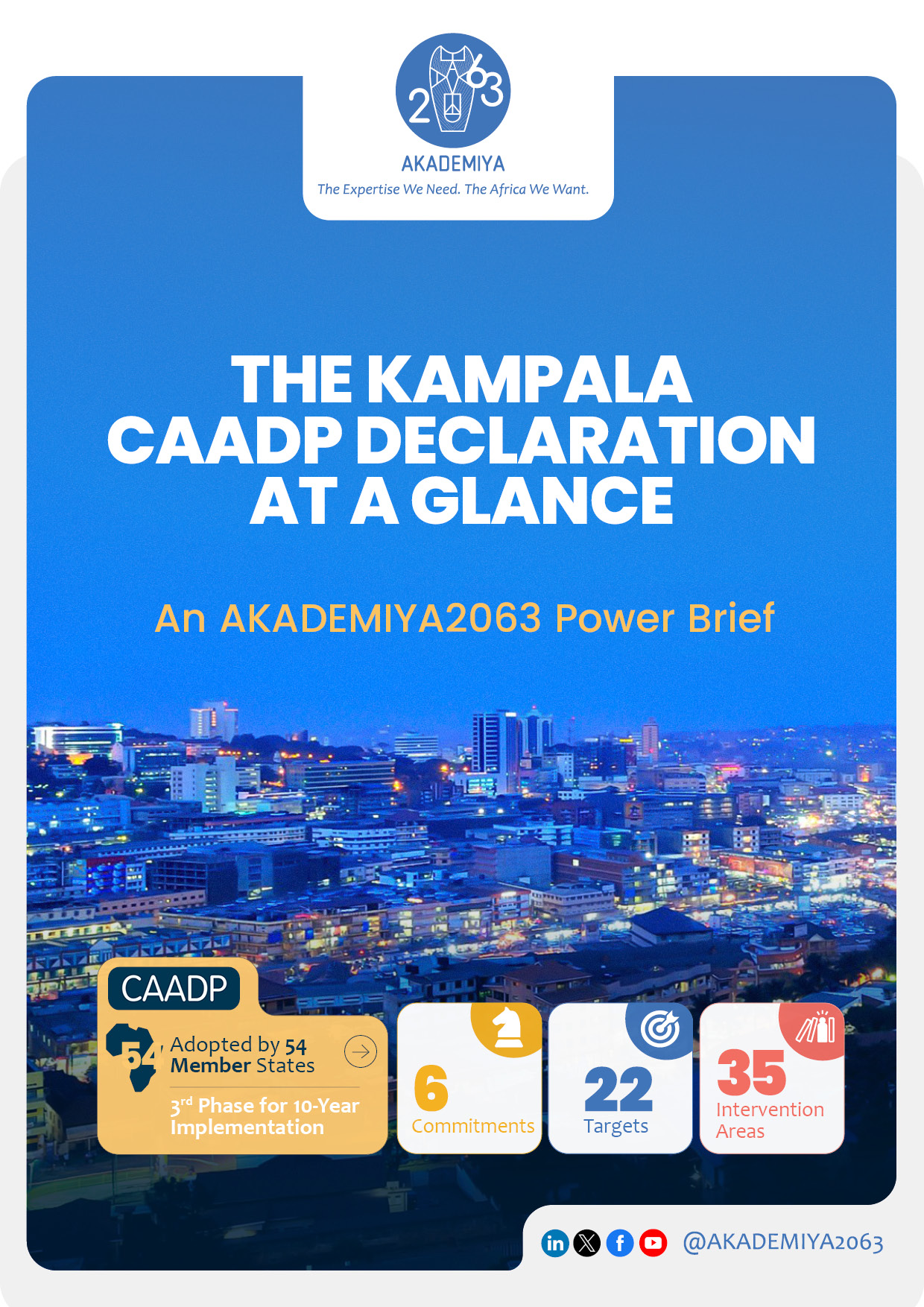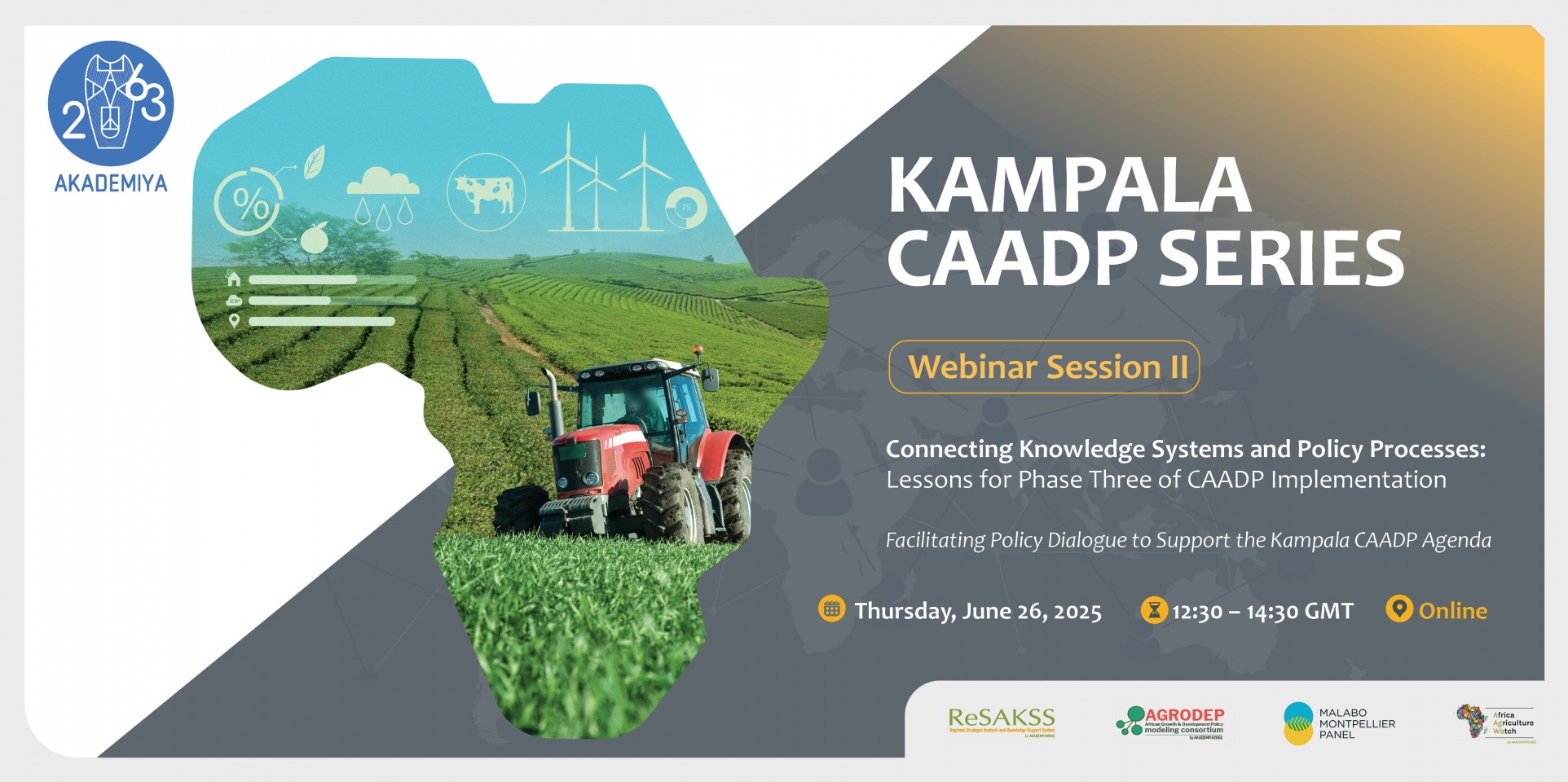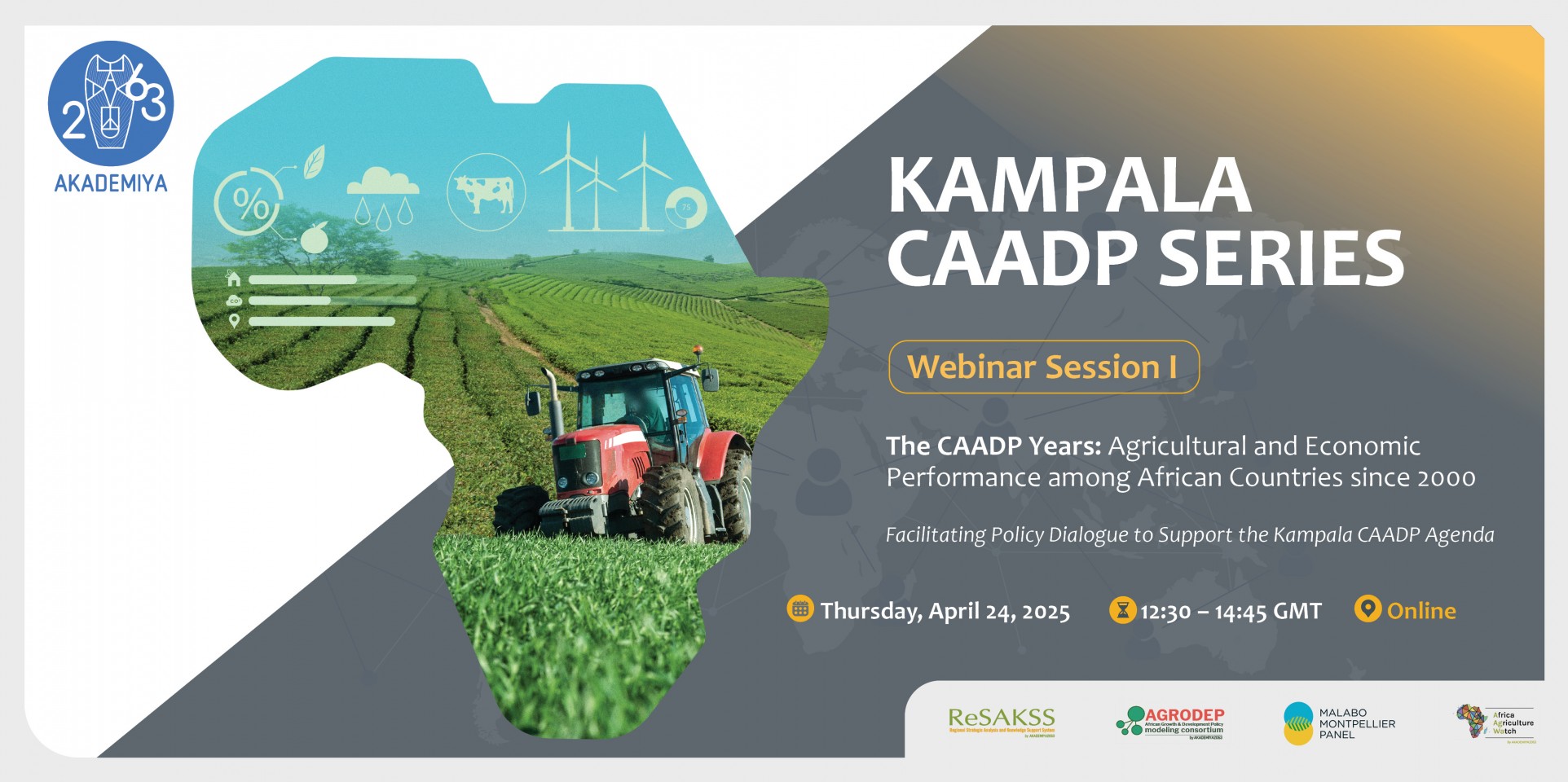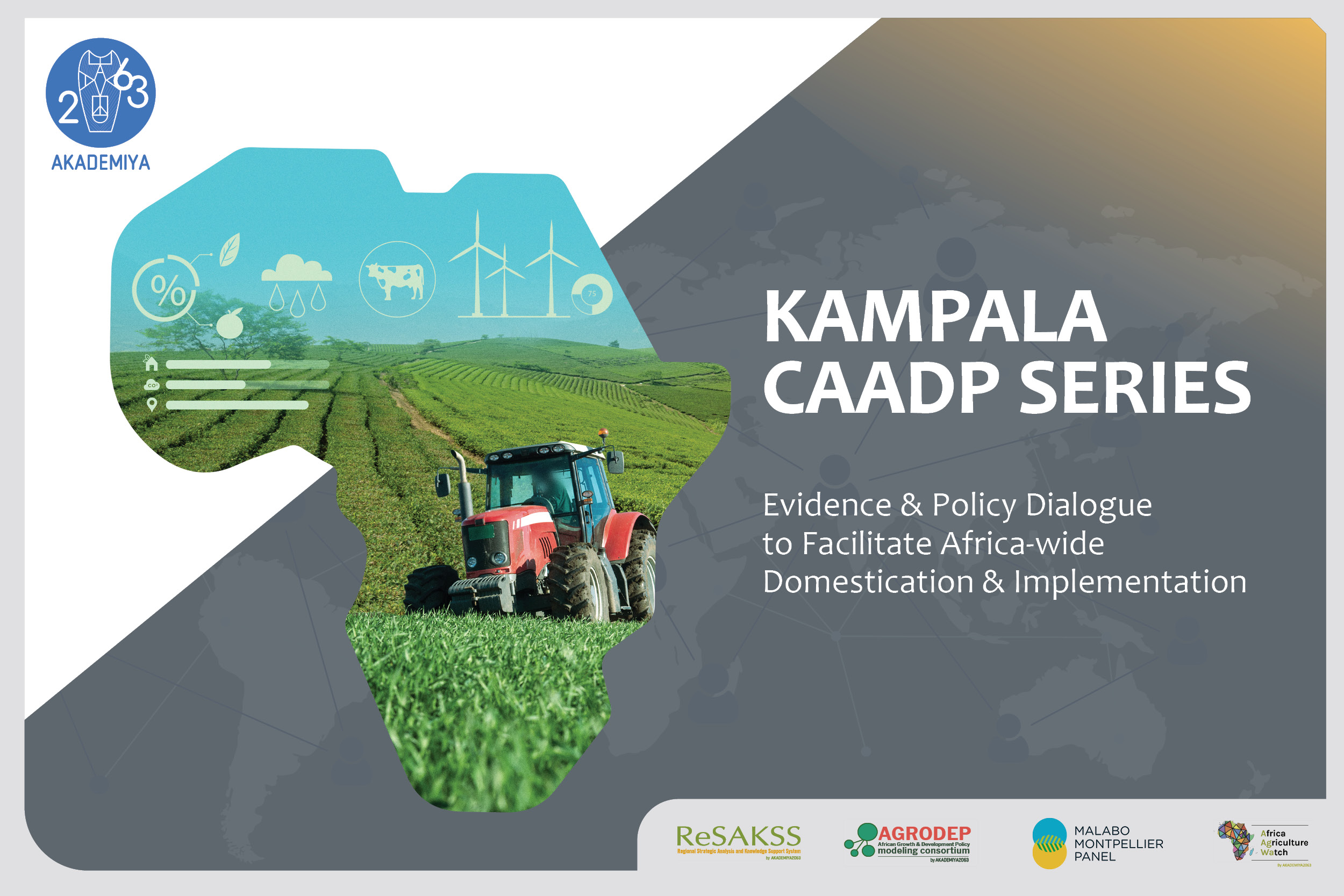
The recently adopted Kampala CAADP Declaration on "Building Resilient and Sustainable Agrifood Systems in Africa" and the associated CAADP Strategy and Action Plan (2026-2035) will build on the successes and deepen the progress achieved after two decades of CAADP implementation, during which Africa significantly improved in economic and agricultural growth, poverty reduction, nutrition outcomes, and agricultural trade expansion.
The longevity and continued success of CAADP can be attributed to its credibility as a shared framework designed to guide Member States toward agricultural transformation and economic growth. Driven by the CAADP principles and values, with emphasis on African ownership and mutual accountability, alongside review and benchmarking, data and analytics have been central to CAADP's evidence-based planning and implementation approach. As Africa prepares for the implementation phase of the Kampala Declaration, which comes into force on January 1, 2026, evidence and robust data analysis will continue to remain indispensable to the successful implementation on the ground. This is the rationale behind AKADEMIYA2063's Kampala CAADP Series.
The purpose of AKADEMIYA2063’s Kampala CAADP Series is to provide a policy deployment package to support the domestication and implementation of the Kampala CAADP Declaration. With workstreams covering diagnostics, policy briefs, power briefs, as well as webinars, the series aims to serve as a reference toolbox for policy analysts and planners across the AU Member States as they prepare their programs in response to the Kampala Declaration.
AKADEMIYA2063’s offering will center on evidence-based research, with lessons and insights packaged into comprehensive yet accessible knowledge products, policy program diagnostics, and policy dialogue sessions with a broad range of stakeholders to guide programmatic interventions supporting the implementation of the Kampala Declaration.
Publications
